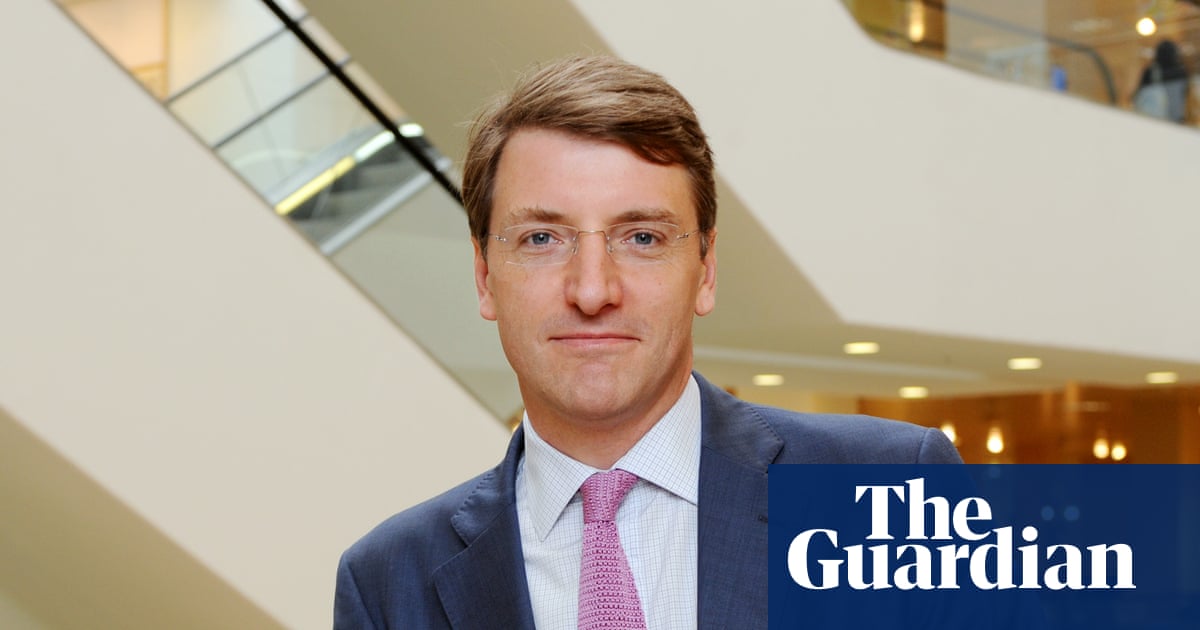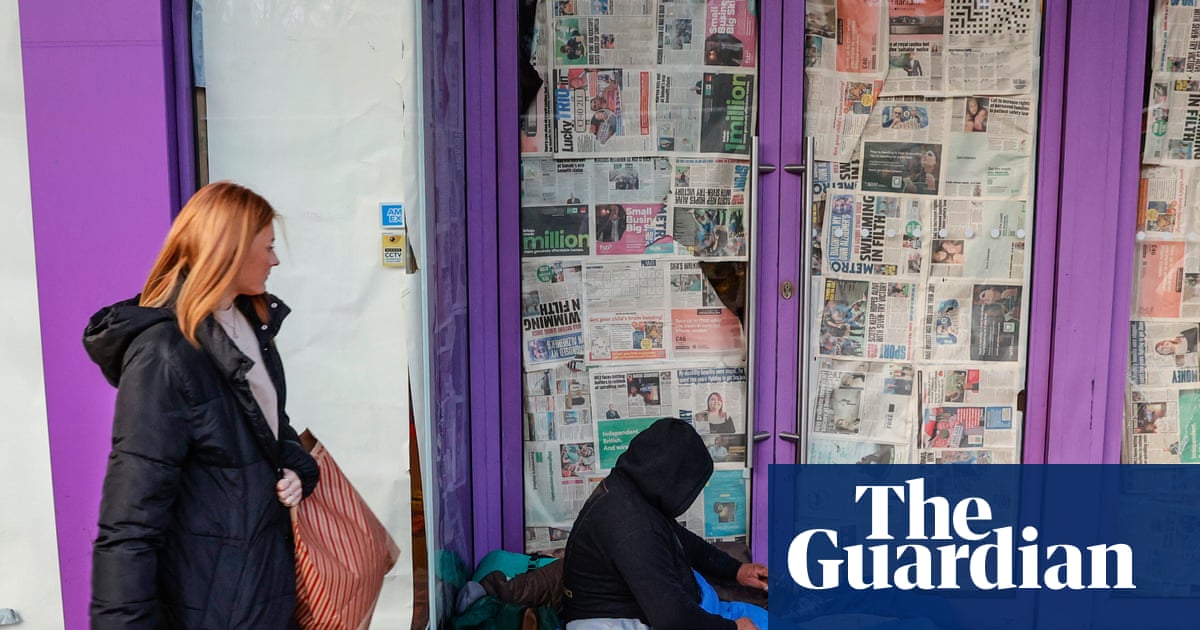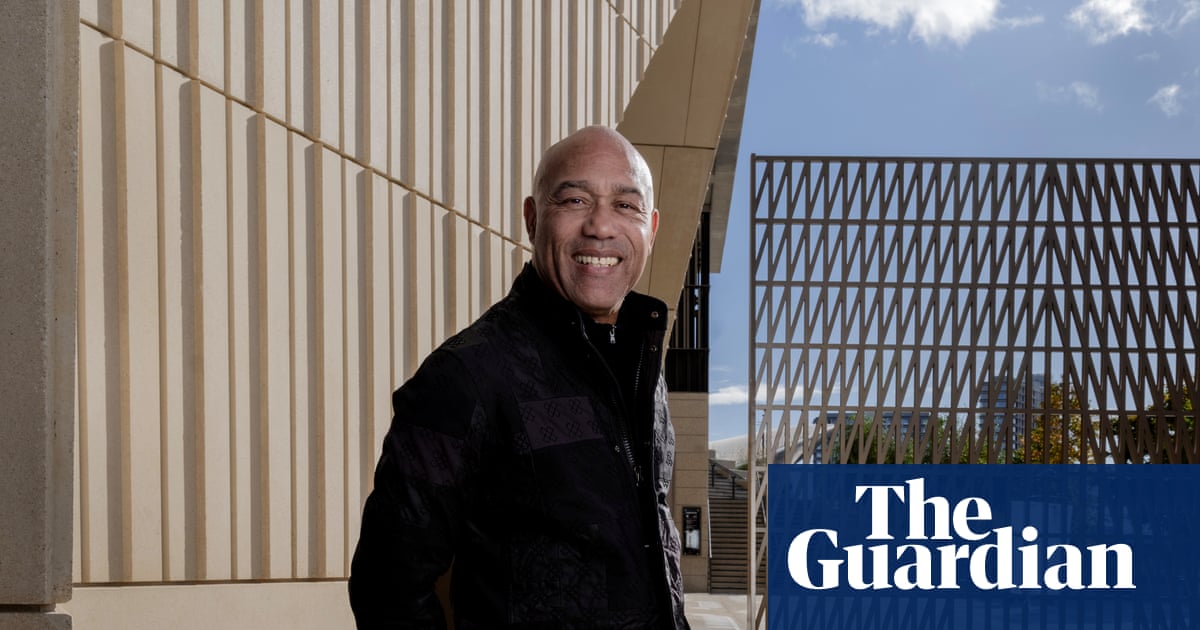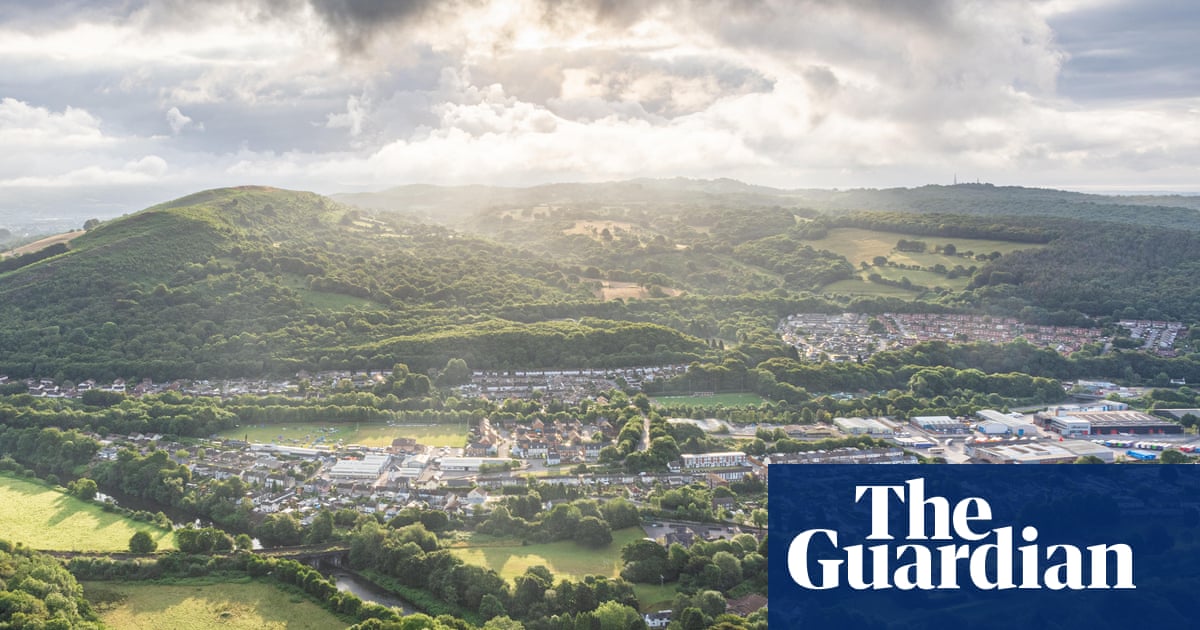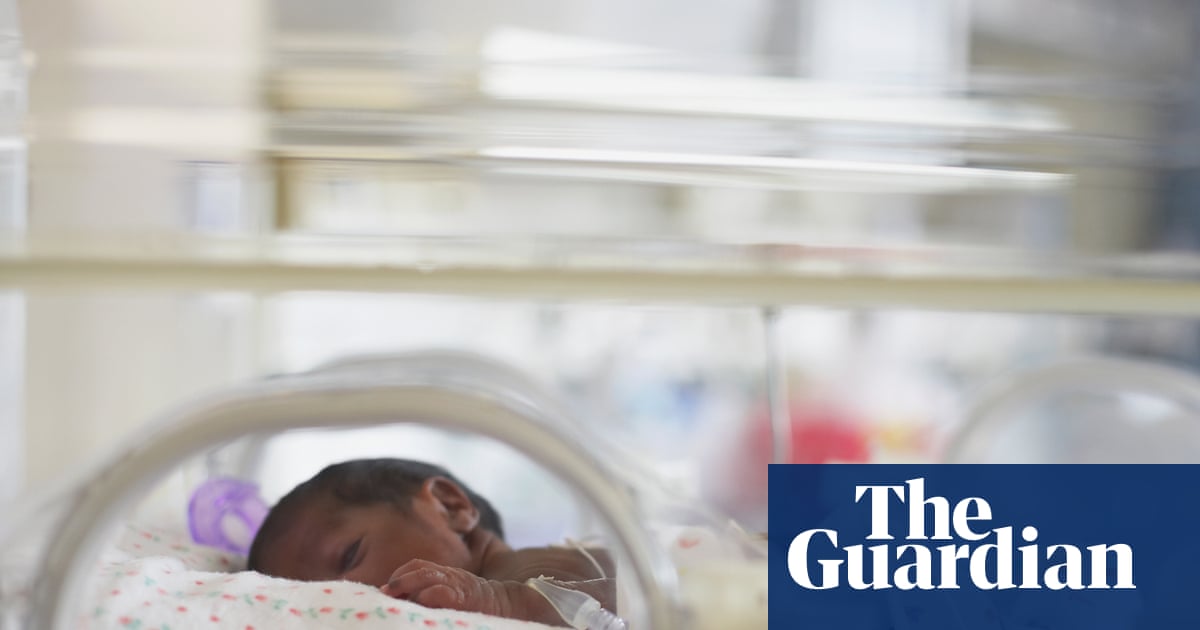Half-year profits at Vistry Group, one of Britain’s biggest housebuilders, have more than halved as buyer demand comes under pressure from concerns over the economy, affordability struggles and slower-than-hoped interest rate cuts.
The company, which owns Bovis Homes, Countryside and Linden Homes, said its pre-tax profit in the first six months of the year fell by 55% to £40.9m.
The slump in profits, which on an adjusted basis fell by a third to £80.6m, pushed the housebuilder’s share price down as much as 8% in early trading, before recovering slightly to 4% on Wednesday.
Vistry completed 6,889 homes, down 12% from the 7,792 completed a year earlier. Revenues fell by 5% to £1.6bn.
“While we reported some positive momentum in the first quarter, market conditions softened somewhat in the second quarter, reflecting increased macro concerns and ongoing affordability challenges, particularly for first-time buyers, with expected interest rate cuts being pushed further out,” the builder said.
Vistry said its forward order book was lower than a year ago, standing at £4.3bn against £5.1bn this time last year.
It added that it was looking to boost flagging demand with sales and marketing initiatives. It is offering private buyers discounts of up to 5% on the sale price.
“We are looking to drive an improvement in our open market sales rate in the second half through our sales and marketing initiatives albeit we remain mindful that demand will continue to be influenced by macroeconomic uncertainties,” it said.
Prices rose by 3% for private open market sales in the first half to £389,000 on average but it said sales rates were flat.
The Bank of England cut interest rates from 4.25% to 4% in August but economists are expecting further reductions to come at a far slower pace amid stubbornly high inflation.
However, Vistry was upbeat, saying it remained on track to meet full-year expectations.
The company formed a long-term joint venture with the UK’s housing agency, Homes England, earlier this week. The new vehicle, Hestia, is backed by a combined £150m of capital investment. Last year the government pledged to build 1.5m homes over five years, with a focus on social and affordable housing.
after newsletter promotion
In June the then housing secretary, Angela Rayner, announced a massive boost to the government’s affordable housing programme, almost doubling funding to £39bn over the next decade.
“The new social affordable homes programme provides an unprecedented level of funding for affordable housing over the next 10 years,” said Greg Fitzgerald, the Vistry chief executive.
Vistry has shifted towards building social and affordable homes for its partners; it pre-sells at least 50% of new homes on its developments to housing associations, local authorities and private rented sector providers.
Anthony Codling, a housing analyst at RBC Europe, said: “PRS investors continue to drive a hard bargain, leading to tough decisions on volumes versus margins. We continue to believe that an investment in Vistry is a big call on the speed and scale of deployment of public sector funding; so far it has been a trickle rather than a torrent, with £150m out of £39bn coming Vistry’s way.
“We expect that figure to grow over time, but we cannot say by when and by how much. If the government does look to stimulate the open housing market, Vistry, with a focus on social and affordable homes, will not benefit as much as the more traditional mainstream housebuilders.”

 1 month ago
36
1 month ago
36









